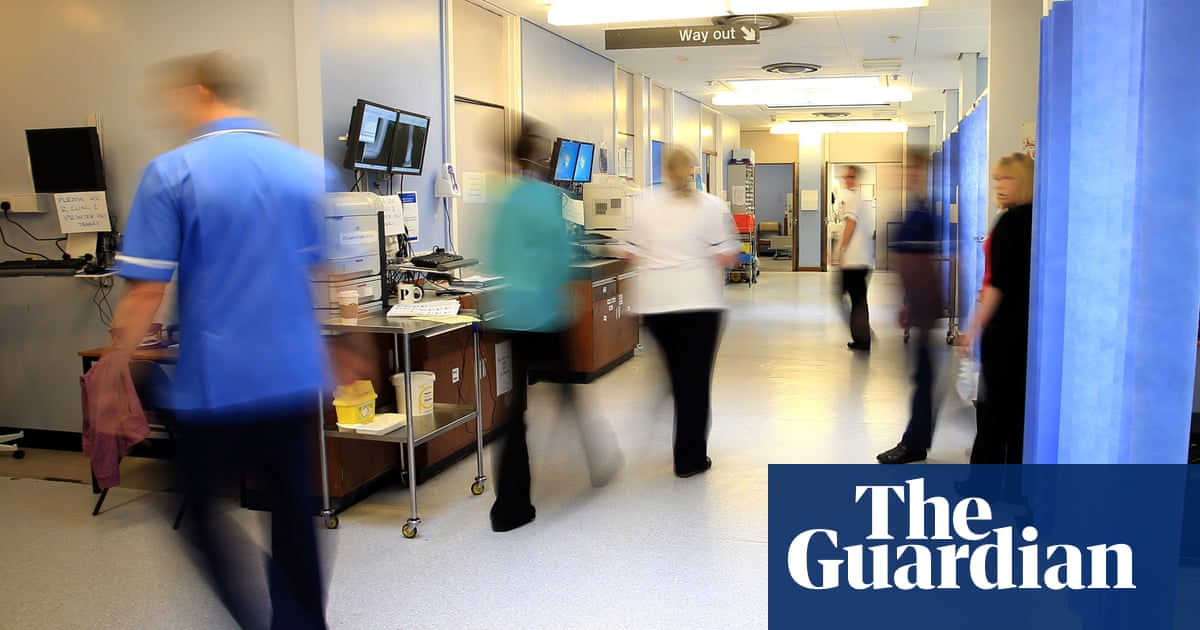Expenses for agency staff across the NHS in England drop by almost 1 billion pounds Sterling | NHS

Expenses for agency staff across the NHS in England fell by almost 1 billion pounds sterling in the last financial year, the ministers said, after a promise of Wes Streting to reduce the amount of agencies by 30%.
According to the Ministry of Health and Social Coins, the total spent by agency staff in 2024-25 was almost 1 billion pounds less than the previous year.
In a speech at the Conference of NHS suppliers in November, Streetting, the Secretary of Health, said that a lack of permanent staff had seen gaps filled with more expensive replacements provided by the agency totaling around 3 billion pounds sterling per year.
Under the proposals described at the time, but not yet promulgated, Streting suggested that NHS Trusts could be completely prohibited from using the agency staff for lower level jobs such as health assistants and domestic support workers.
This could also involve preventing NHS personnel from resigning, then immediately signing with an agency, so that they can do the same job for higher wages and a much higher overall cost for the NHS.
In addition to employing agencies, which can mean paying a doctor thousands of books for a single quarter of work, NHS trusts also regularly fill the gaps using what are called “bank” staff – NHS employees who make additional changes to their own workplace or nearby, via an organization generally managed by the trust.
The UK figures reported by The Guardian in January 2024 have shown that combined spending on hospitals and general practitioners for agency staff were 4.6 billion pounds annual sterling, with 5.8 billion sterling pounds used for banking quarters.
As part of the distribution of agency spending, Street and James Mackey, the director general of the imminent NHS abolition in England, jointly wrote to all NHS suppliers and integrated caregivers from the Care Board to indicate that everyone should target the reduction of 30% and that their progress will be monitored.
“If we do not think that sufficient progress is made by autumn, we will examine the other legislative measures that we should take to ensure that the use of agency personnel is ended,” they wrote.
The letter also indicates that the hospital's bosses are expected to make upward rates of excess for banking changes “are competitive but do not exceed those paid by agencies directly to the worker”. Trusts have already been ordered to reduce the use of banks by at least 10%.
After promoting the newsletter
Elizabeth O'Mahony, financial director of the NHS in England, said: “The NHS is fully determined to ensure that every penny of taxpayers money is used judiciously for the benefit of patients and the quality of the care they receive.
“Our reforms to the reduction in agency spending by almost 1 billion pounds Sterling in the past year will strengthen front line services and help reduce the waiting lists, while guaranteeing equity for our permanent staff.”

:max_bytes(150000):strip_icc()/Health-GettyImages-FoodsHighInTryptophan-aae57d91cfdc4a58a2b47d530cd78866.jpg?w=390&resize=390,220&ssl=1)


